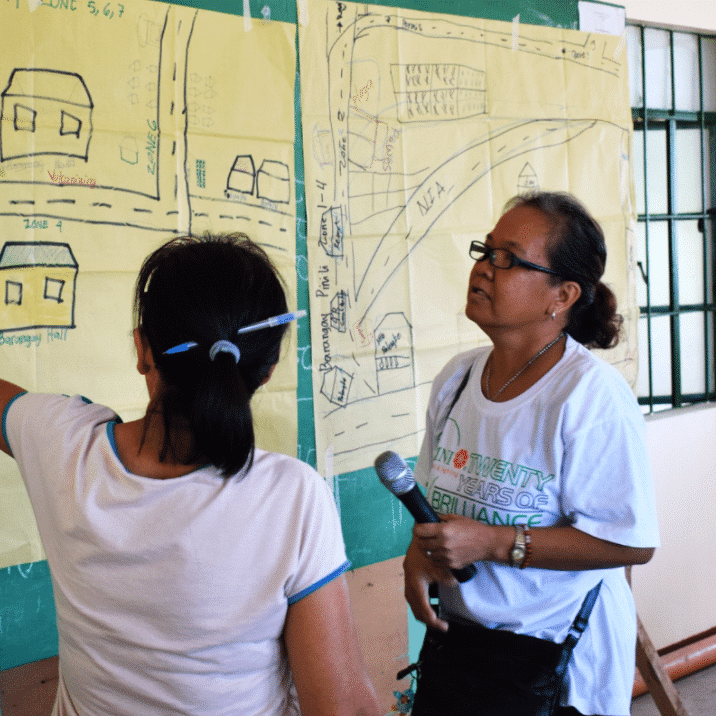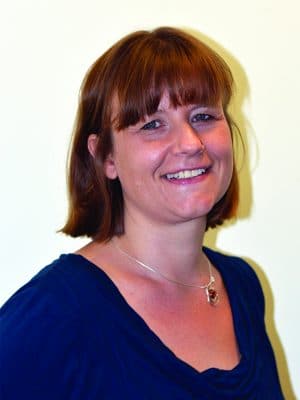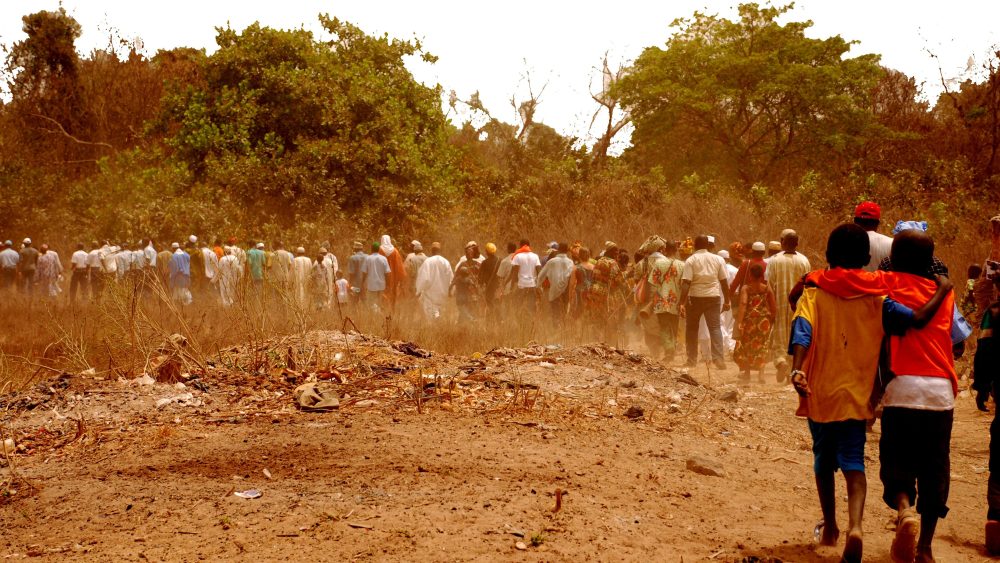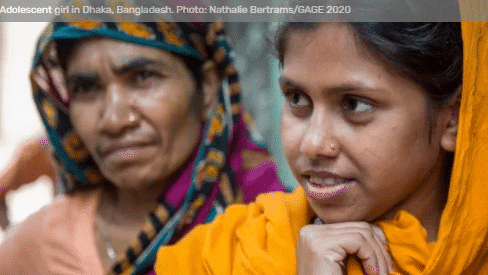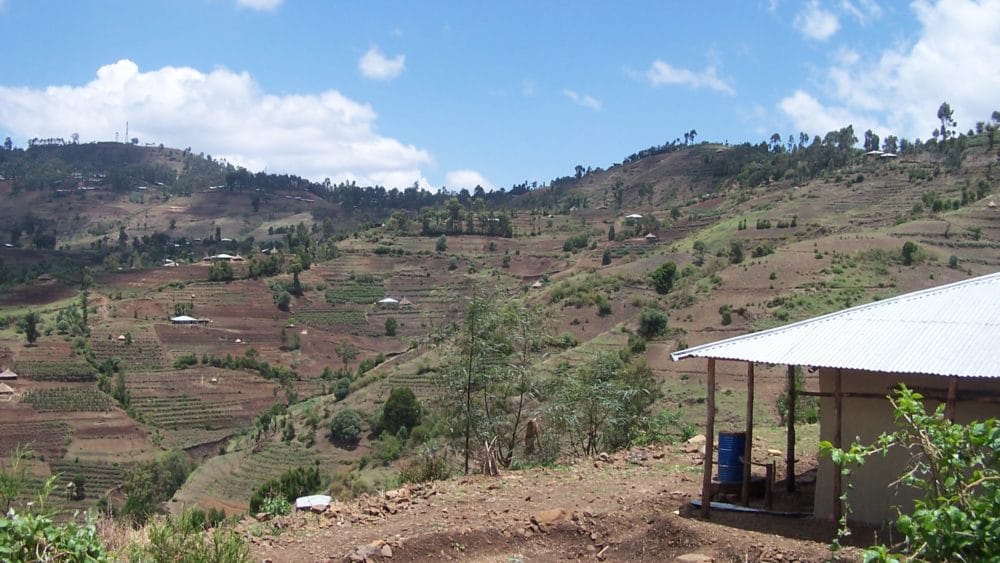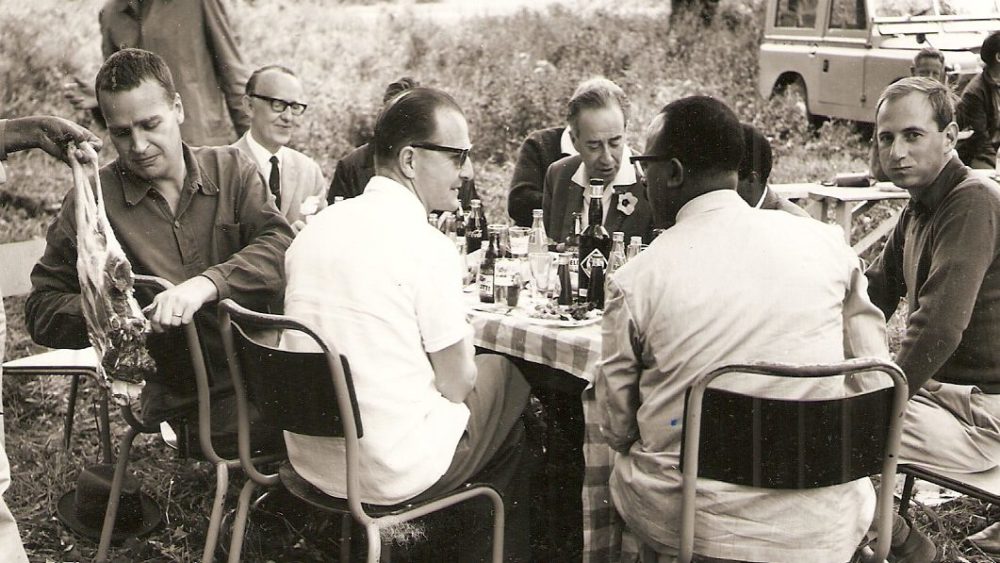The UEA UNESCO Chair for Adult Literacy and Learning – a joint programme between the School of Education and the School on International Development – and research partners in Ethiopia, the Philippines, Malawi and Nepal are piloting a new concept of family literacy based on indigenous intergenerational learning. Adult literacy and learning has been referred to as the ‘invisible glue’ between the SDGs, yet in policy and practice is often given low priority. The project’s strategic aim is to demonstrate how a community-based intergenerational approach to family literacy and learning can contribute to the achievement of selected SDGs – particularly SDG4 (education), SDG5 (gender equality), SDG 3 (health) and SDG2 (end hunger). It uses family literacy and learning as a transformative and innovative approach that works across sectors, between institutions and through interdisciplinary collaboration. Though family literacy and learning has been promoted as a way to encourage parents to support their children’s education, the research team argue that this approach is too limited and does not take account of the reality of the poorest families’ lives. Through action-oriented research, the project will develop a ‘bottom-up’ approach to family literacy and learning, embedded in people’s everyday activities
This GRTA-funded project will be based on action-oriented research on family literacy and indigenous learning in diverse contexts in the four partner countries, led by research partners: Tribhuvan University CERID Nepal; University of Malawi; Bahir Dar University, Ethiopia and University of Santo Tomas, Philippines. Interactive stakeholder workshops in each country allow a sharing of findings from the project’s field research, drawing from interviews and participant observation, along with analysis and interrogation of existing adult literacy policy and practice. Dissemination of specifically developed policy briefs will support the integration of this new concept of family literacy into national policy and programming. A major element of the project is a strong ongoing collaboration with UNESCO Paris and UNESCO Institute for Lifelong Learning (UIL) Hamburg. Comparative analysis conducted across the four countries and outputs from the country-level workshops will form the basis of an international research seminar in UIL, leading to new guidelines for family literacy and support for international policy change.

